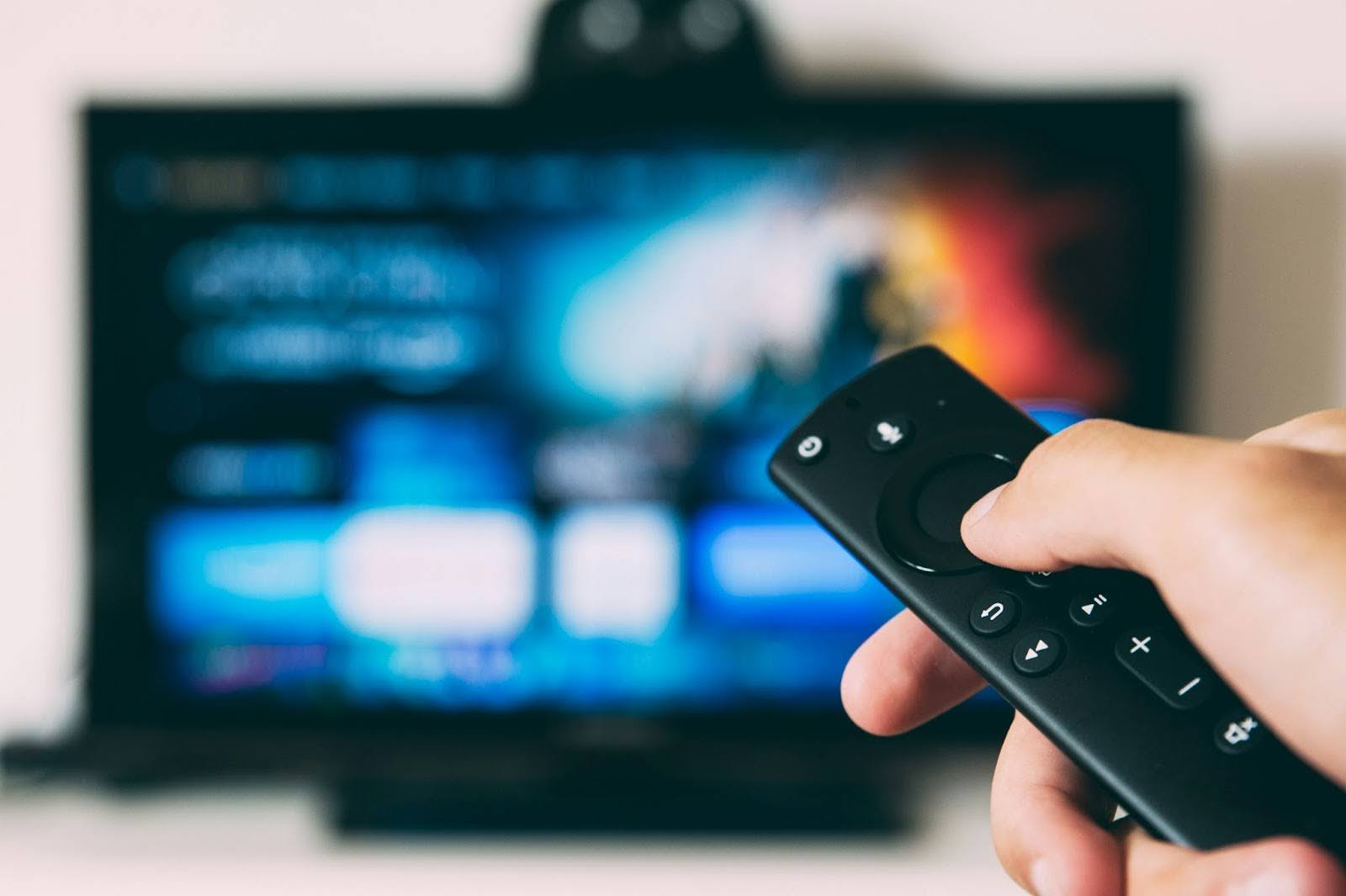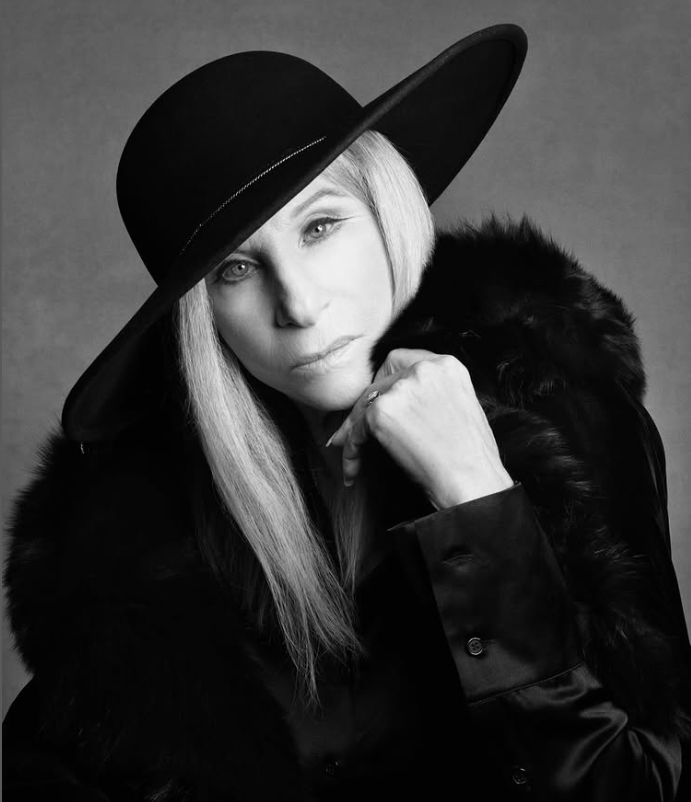
Naomi Osaka via Instagram
At the end of May, right at the the closing of Mental Health Month, tennis superstar and actual Disney princess Naomi Osaka made a shocking announcement: She would be withdrawing from the French Open to take care of her mental health.
On Wednesday May 26th, Osaka announced that she would not speak to the media during Roland Garros, saying: “I’ve often felt that people have no regard for athletes’ mental health, and this rings true whenever I see a press conference or partake in one.”
Questioning the role of press junkets during the tournament, Osaka received pushback from many — including other athletes like Billie Jean King — but she was prepared for it, and ready to have further conversations after the Open. On May 30th, she tweeted that “change makes people uncomfortable,” standing by her decision.
Osaka also acknowledged that her decision to skip her press obligations would result in fines and she was ready to pay them, as other athletes who have skipped out on press have done in the past.
However, the organization behind the Open was not pleased. The Grand Slam organization released a statement saying: “Following the lack of engagement by Naomi Osaka, the Australian Open, Roland-Garros, Wimbledon and the US Open jointly wrote to her to check on her well-being and offer support, underline their commitment to all athletes’ well-being and suggest dialog on the issues,” AKA a jargon-filled introduction to what would continue to be an abysmal response to the concerns of a young athlete.
The statement evolved into a threat, saying: “We have advised Naomi Osaka that should she continue to ignore her media obligations during the tournament, she would be exposing herself to possible further Code of Conduct infringement consequences. As might be expected, repeat violations attract tougher sanctions including default from the tournament (Code of Conduct article III T.) and the trigger of a major offence investigation that could lead to more substantial fines and future Grand Slam suspensions (Code of Conduct article IV A.3.).”
Despite her initial willingness to pay the fines, which she hoped would be donated to mental health causes, Osaka quickly grew tired of the exaggerated speculation around her decision.
So she quit.
After days of media speculation and conversation, Osaka posted another statement on May 31st: “I’m gonna take some time away from the court now, but when the time is right I really want to work with the Tour to discuss ways we can make things better for the players, press, and fans.”
pic.twitter.com/LN2ANnoAYD— NaomiOsakau5927u5742u306au304au307f (@NaomiOsakau5927u5742u306au304au307f) 1622483252
She elaborated on her earlier statement, revealing more about her own mental health and her decision to back away to protect it, while no longer being a distraction to the Open. “Anyone that knows me knows I’m introverted, and anyone that has seen me at tournaments will notice that I’m often wearing headphones as that helps dull my social anxiety,” she said. “Though the tennis press has always been kind to me (and I wanna apologize especially to all the cool journalists who I may have hurt), I am not a natural public speaker and get huge waves of anxiety before I speak to the world’s media.”
Despite the initial mixed reactions, Osaka’s bold move and further statements have been met with mostly shock and empathy. Many are also criticizing the statement by the Grand Slam organizations as “shameful” calling this “a sad day for tennis.“
Despite being ranked second in the world and being the highest paid female athlete of the year, the Grand Slam treated Osaka with very little respect. Though tennis has often been the home of big personalities and emotional displays, Osaka’s treatment is similar to how Serena Williams was often mistreated by the institution.
As Black women, Osaka and Williams have often been called unreasonable for standing up for themselves and questioning the established power structures and rules of the exclusive tennis world.
Serena Williams sent out a message of support to Osaka after her own win on the courts on May 31st, saying: “I feel like I wish I could give her a hug because I know what it’s like. Like I said, I’ve been in those positions. We have different personalities, and people are different.”
It was just a few years ago that Naomiu2019s demure demeanor was used to juxtapose against Serenau2019s u201caggressionu201d and now the same thing Naomi was once exalted for is what sheu2019s being criticized for. Misogynor is so flexible in its cruelty.https://twitter.com/ajplus/status/1399425686209716225u00a0u2026— Fiona Applebum says Block Shaun King ud83cudf4e (@Fiona Applebum says Block Shaun King ud83cudf4e) 1622487430
Others are also questioning the support for mental health that the Grand Slam organizations purported to have in their statement but seem not to have in practice.
The treatment of Osaka reminds us of the superhuman expectations we have of athletes, as well as the superhuman expectations we have of Black women. As a 23-year-old thrust into the spotlight after her first win in 2018, Osaka was asking for support in her first statement. Instead, she was met with criticism and threats.
Her second statement revealed how her mental health has plummeted since her first win, directly tying some of her anxiety to the pressures of her position and the media attention, saying: “The truth is that I have suffered long bouts of depression since the US Open in 2018, and I have had a really hard time coping with that.”
But as a Black woman, making a plea for help, Osaka was told to be grateful and to suck it up.
An international debate over whether Osaka should be punished for trying to prioritize her mental health is an excellent way to close out mental health awareness month and show how society actually feels about the topic. *chefu2019s kiss*— DEFUND & ABOLISH POLICE, REFUND OUR COMMUNITIES (@DEFUND & ABOLISH POLICE, REFUND OUR COMMUNITIES) 1622481022
It is a testament to her grace that she had the courage to keep prioritizing her mental health even in the face of so much criticism and speculation and that she continued to be vulnerable instead of keeping her head down or acquiescing to the demands of the Grand Slam.
Though it is a radical act of self care to prioritize her mental health, she should not have had to have made such a drastic choice. Living her dream, playing at the highest levels of her sport, Osaka shouldn’t just be “grateful” — she should be happy.
And if even fellow athletes are rolling their eyes at the reality of the institution, calling her spoiled for pointing out its flaws, doesn’t that show that there’s a problem? Osaka’s questions about the role of the media did not, as she clarified, come from disdain for journalists, whom she admitted are often kind to her, but rather from a fearless assertion of the treatment she deserves from her literal job.
Though some claimed that Osaka was seeking an unfair advantage by not talking to the press, her decision is an indicator of her place in a generation which prioritizes mental health and flexibility over the rigidity and grin-and-bear-it attitude of the past.
What this means for tennis and the press relationship of athletes going forward, we’ll find out. But for now, we just want Naomi Osaka to be happy.













